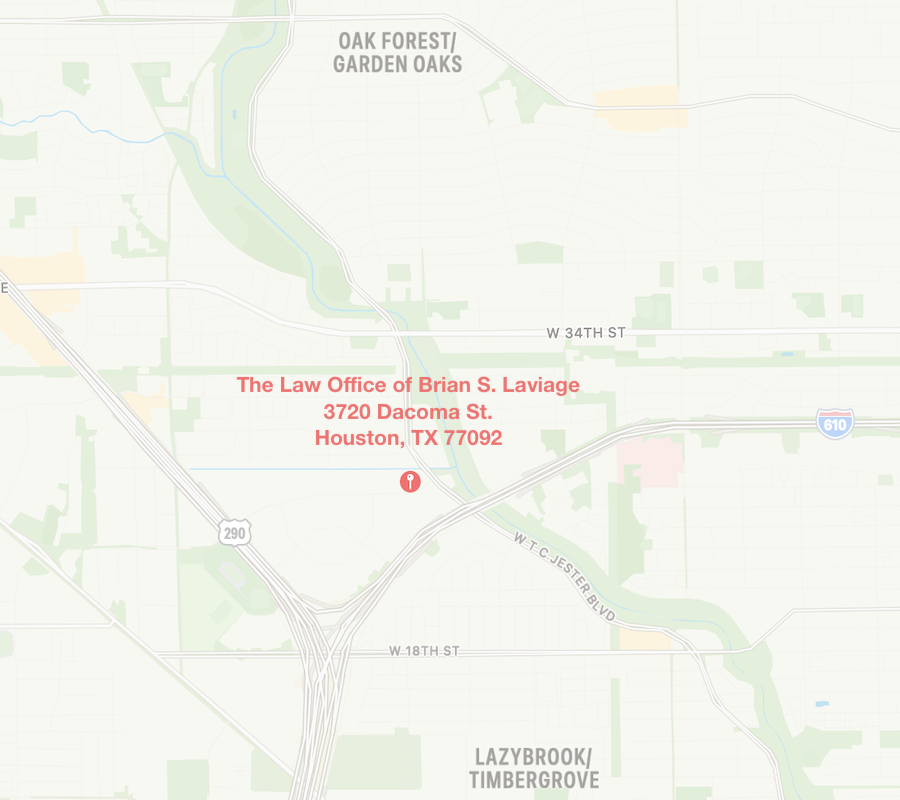Blog Articles
Child Arrested at College? Here's What To Do In Texas
Posted by Brian Laviage on Friday, Jun 7, 2019
If your child is leaving for college in a few months or returning for another semester, it’s important to understand what to do if they are issued a citation or arrested while away at school. We all know college and questionable decision-making seem to go hand-in-hand, however sometimes one bad decision can end with a potentially costly arrest. This can have serious implications for your child’s academic future and personal life.What's the difference between expunging and sealing a juvenile record in Texas?
Posted by Brian Laviage on Monday, May 20, 2019
If you were referred to a juvenile court for conduct before the age of 17 – even without being taken into custody by law enforcement before the referral – you have a juvenile record in the state of Texas. This includes any Class A or B misdemeanors, felony offenses or conduct indicating a need for supervision (CINS) like underage drinking, truancy or running away.
What Legal Rights Do Juveniles Have When Taken Into Police Custody in Texas?
Posted by Brian Laviage on Thursday, Feb 28, 2019
Unlike adult criminal cases, juvenile crimes are handled in civil proceedings according to “The Juvenile Justice Code” within the Texas family code. In this system, the court is seeking what it deems as appropriate justice AND rehabilitation for the youth.
How the juvenile justice system and criminal system differ in Texas
Posted by Brian Laviage on Monday, Feb 4, 2019
The Texas Juvenile Justice Department is emerging as a national model for reform.
Employment and the Potential Downsides of Having a Criminal Record in Texas
Posted by Brian Laviage on Friday, Dec 28, 2018
Having a criminal record in Texas often results in negative repercussions, many of which last long after the sentence or fine has occurred and the debt to society repaid. One example is employment related; potential employers often categorically deny jobs to applicants with criminal records. It often doesn’t matter when the arrest occurred or even the relevancy to the job.

